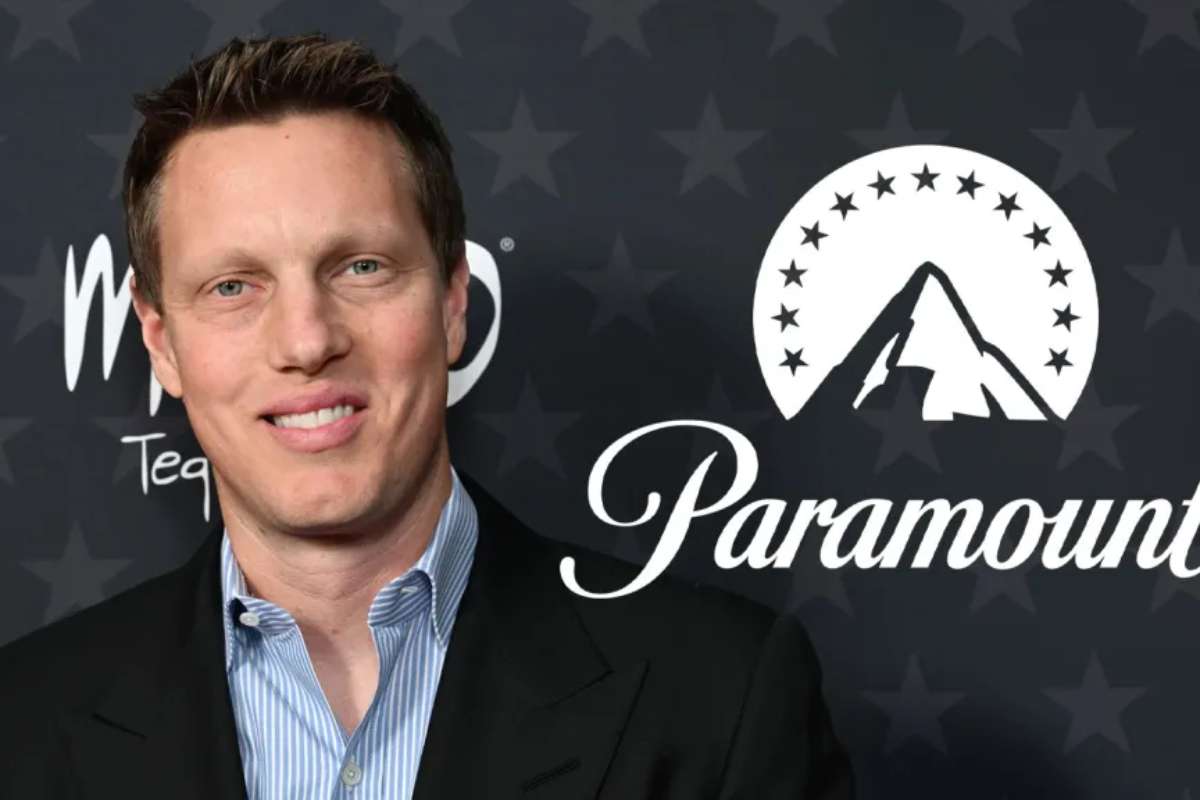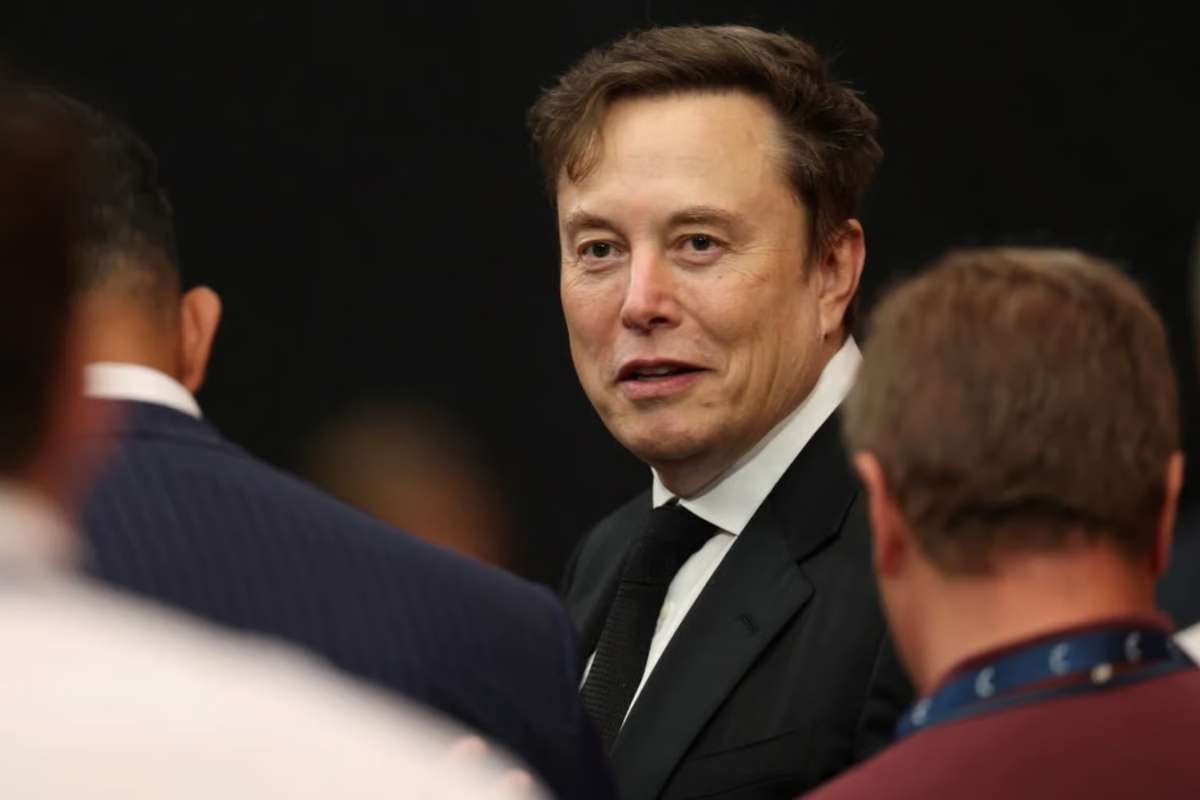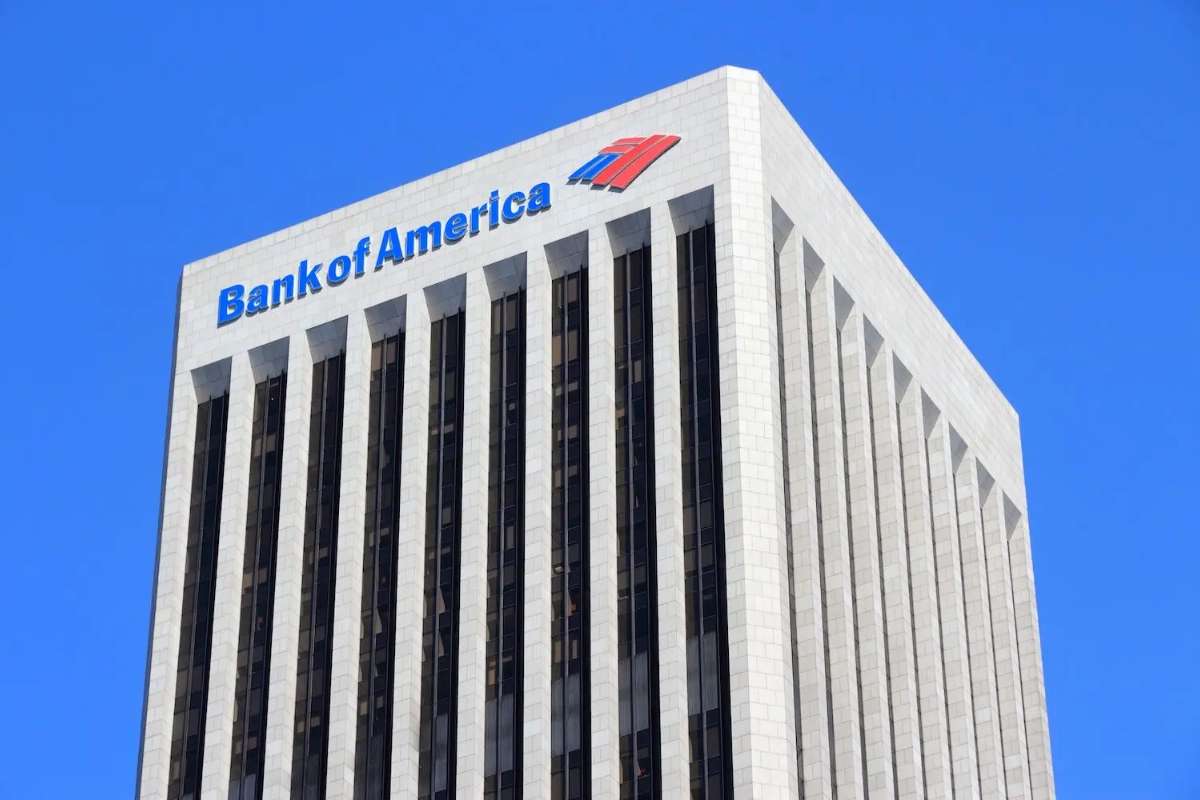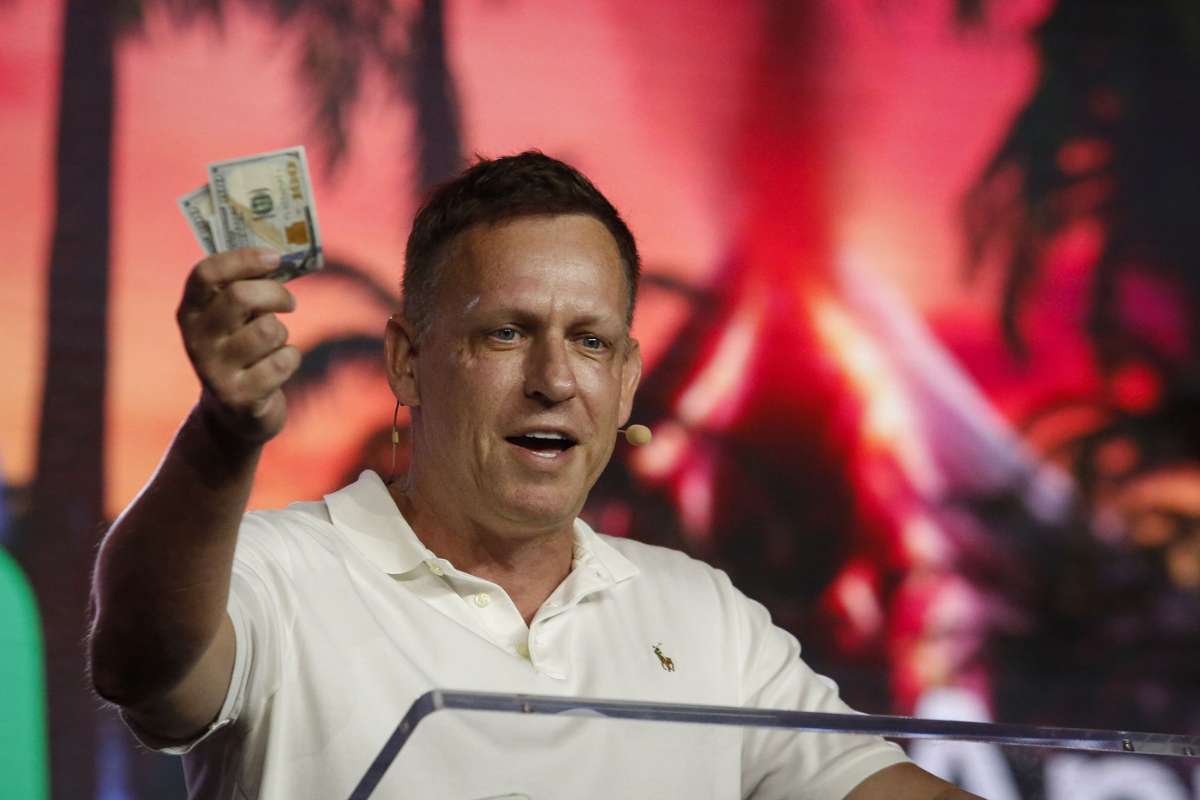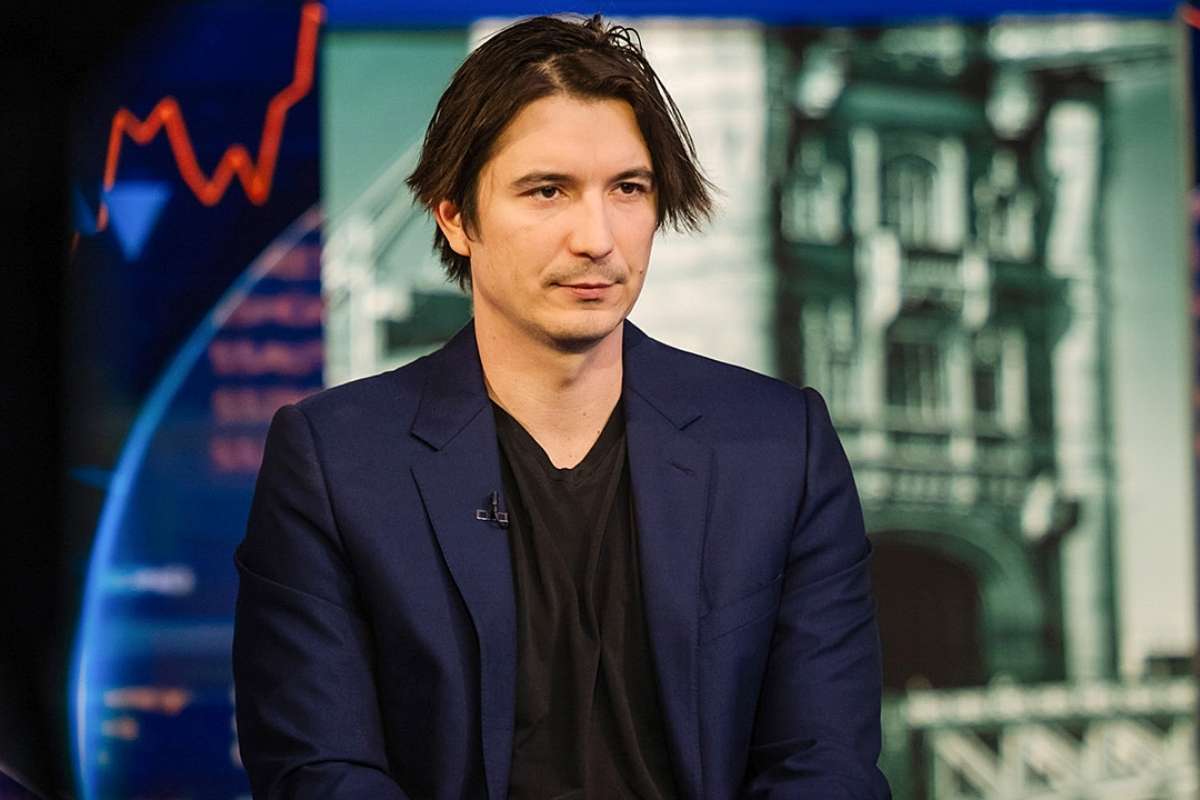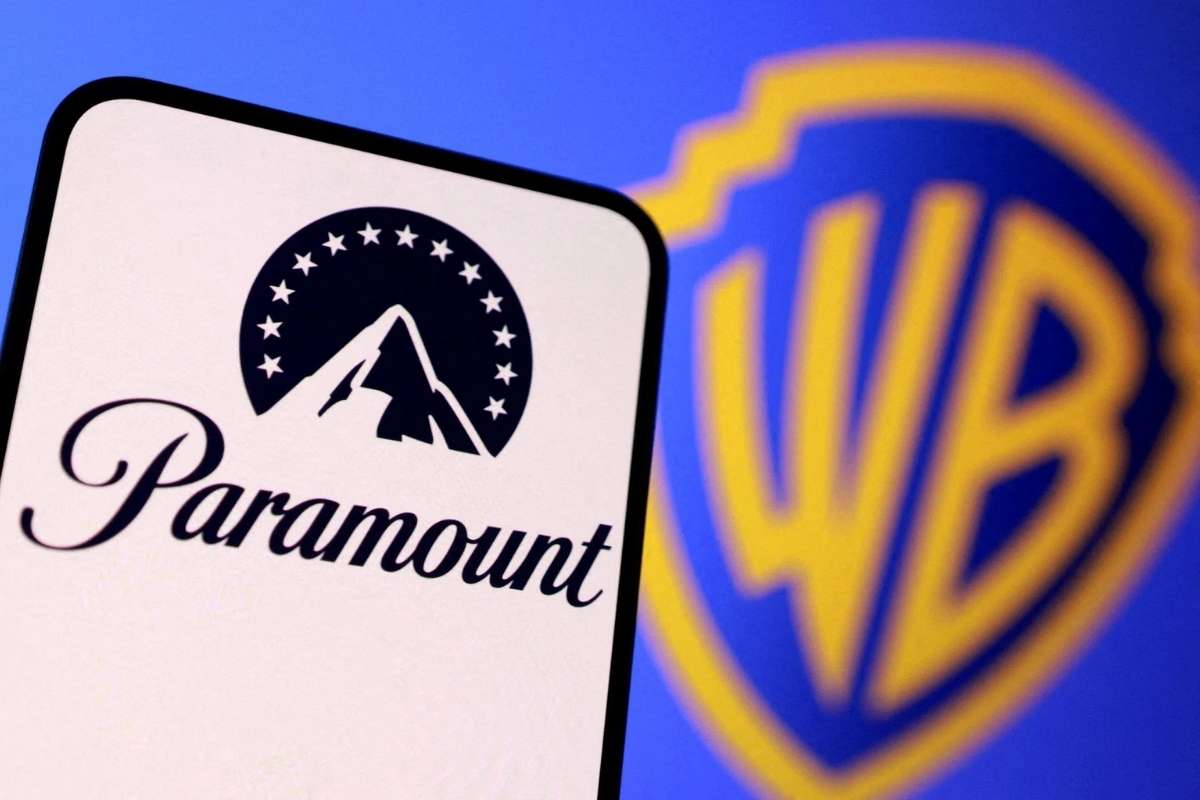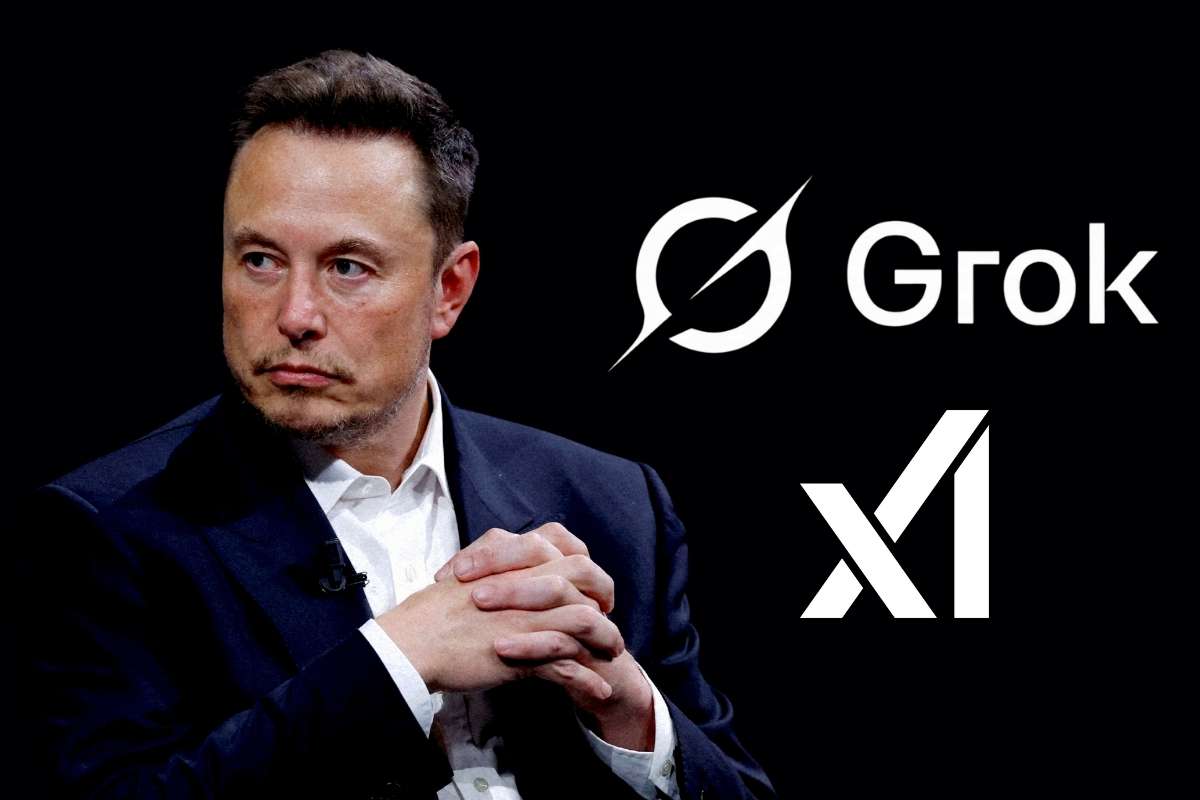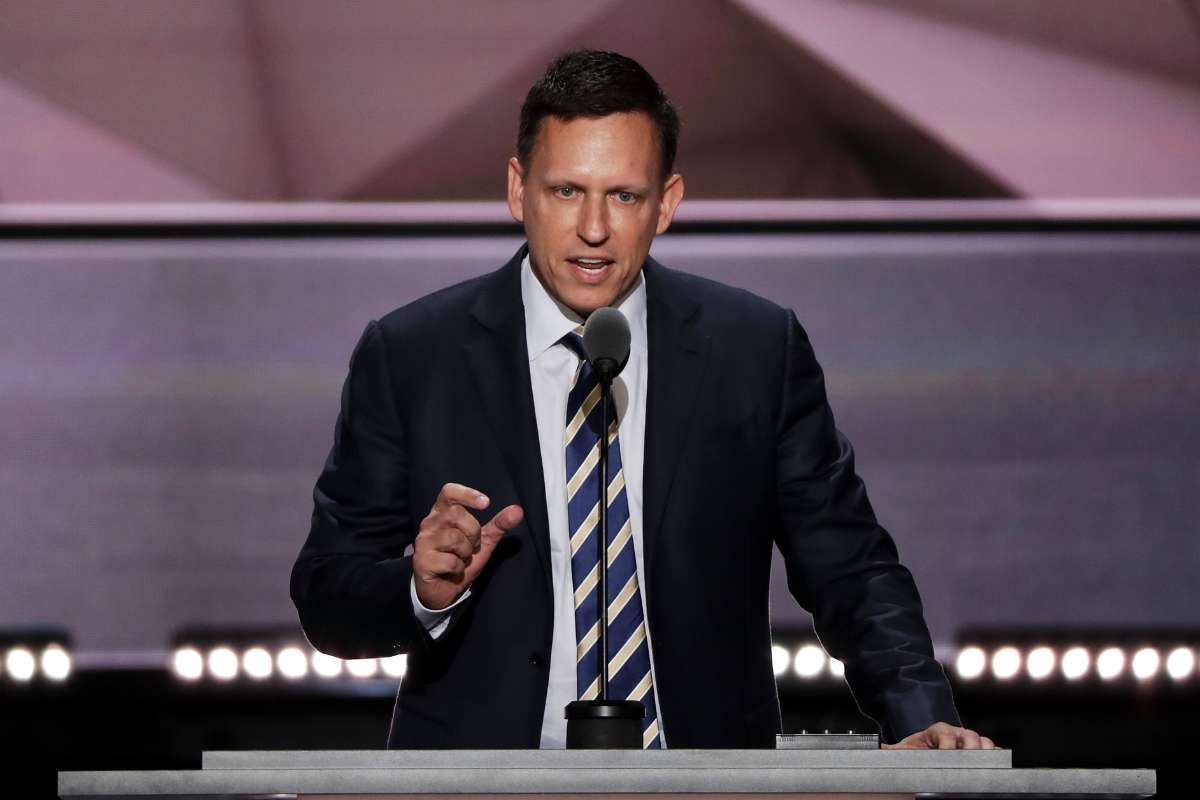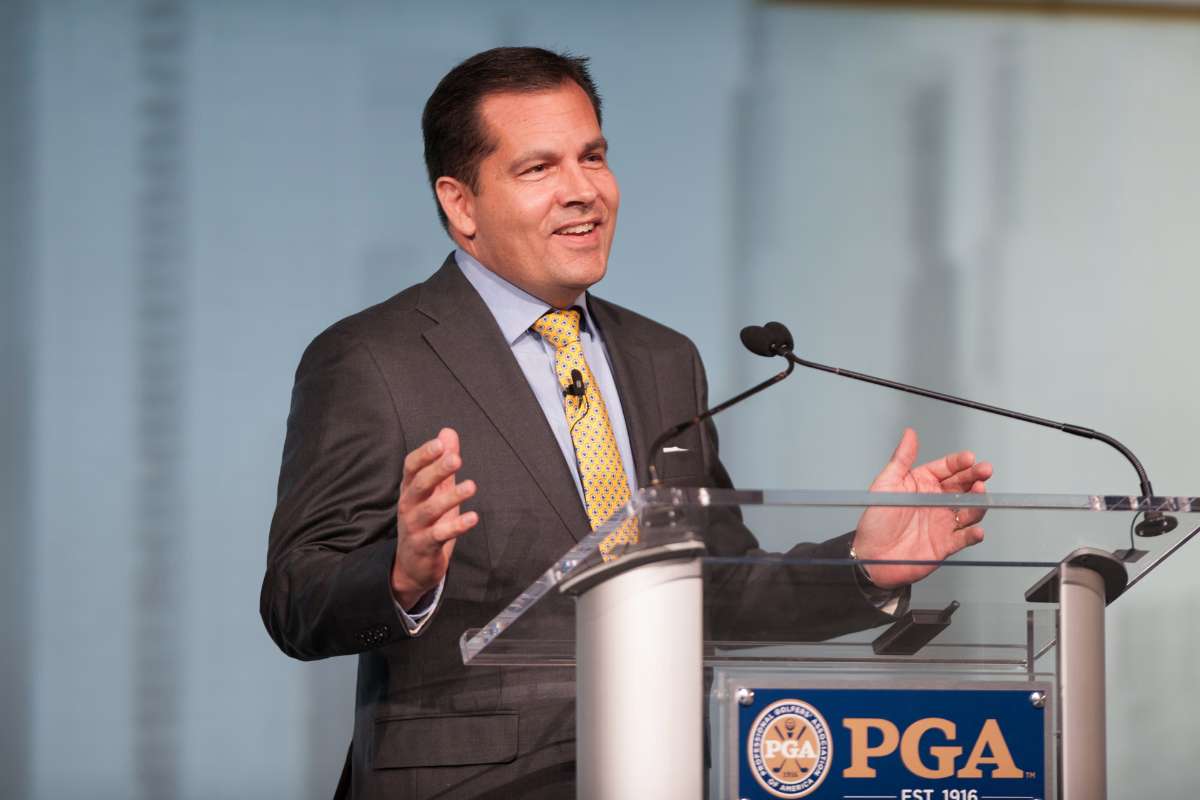Key Points:
- David Ellison leads Paramount’s operations.
- Paramount’s value rose 50% under his leadership.
- A merger with Warner Bros. is being considered.
Paramount’s chief executive, David Ellison, has reaffirmed his leadership at the entertainment giant, emphasizing that he is responsible for its day-to-day operations. Addressing growing curiosity about the role of his father, Oracle co-founder Larry Ellison, the younger Ellison clarified that while his father remains the largest shareholder and an active advisor, operational decisions rest firmly under his direction.
Since the Ellison family, alongside RedBird Capital Partners, acquired a controlling stake in Paramount, the company’s market value has surged by more than 50%. The turnaround reflects renewed investor confidence under David Ellison’s stewardship. He described his relationship with his father as “deeply collaborative,” with frequent strategic discussions but a clear boundary between mentorship and management.
Under David Ellison’s leadership, Paramount has embarked on a bold content expansion strategy. The studio has secured major deals including U.S. rights to UFC events worth $7.7 billion, a $1.5 billion multi-year streaming contract for South Park, and plans to acquire a Texas-based production complex for Yellowstone creator Taylor Sheridan. The renewed push aims to strengthen Paramount’s creative portfolio and boost its streaming competitiveness in a crowded digital entertainment market.
Talks of a Warner Bros. Discovery Merger Gain Momentum
Speculation is mounting over a potential acquisition of Warner Bros. Discovery (WBD) by Paramount, a move that could mark one of the largest consolidation events in modern media history. While Ellison has declined to confirm any ongoing negotiations, analysts view the merger as a strategic fit combining Paramount’s content library and streaming assets with WBD’s powerhouse networks, including HBO, CNN, and the Discovery Channel.
Industry insiders suggest the merger could yield massive synergies, from reduced operational costs to strengthened distribution and marketing infrastructure. However, WBD’s heavy debt burden, estimated at around $35 billion, remains a significant hurdle. Executives within WBD are reportedly cautious, preferring independence amid rising investor pressure and the potential for regulatory scrutiny.
The David Ellison’ financial capacity and influence are seen as critical factors in whether a deal could materialize. A merger of this scale would likely involve a consortium of investors and could reshape the global entertainment landscape, placing Paramount-WBD in direct competition with giants like Disney, Netflix, and Amazon.
A Defining Moment for Hollywood’s Future
Should the Paramount–Warner Bros. deal proceed, it would signify a pivotal moment for the entertainment industry, consolidating two major content powerhouses under one umbrella. Analysts believe such a merger could redefine the structure of Hollywood by blending vast film and television portfolios, streaming platforms, and global distribution pipelines.
However, the path forward remains uncertain. Any such merger would face intense regulatory scrutiny over antitrust concerns and market concentration. Moreover, Paramount’s internal restructuring and cost-saving efforts, including a projected $2 billion in expense reductions, could trigger workforce adjustments and raise questions about long-term creative independence.
Despite these challenges, David Ellison appears determined to transform Paramount into a next-generation studio that balances creative innovation with business discipline. His efforts to strengthen partnerships with top-tier talent from the Duffer Brothers to Taylor Sheridan demonstrate a renewed commitment to storytelling excellence.
As Hollywood braces for another wave of consolidation, Ellison’s leadership will likely determine whether Paramount emerges as a dominant force in the next chapter of global entertainment or faces the same structural challenges confronting traditional media giants today.

